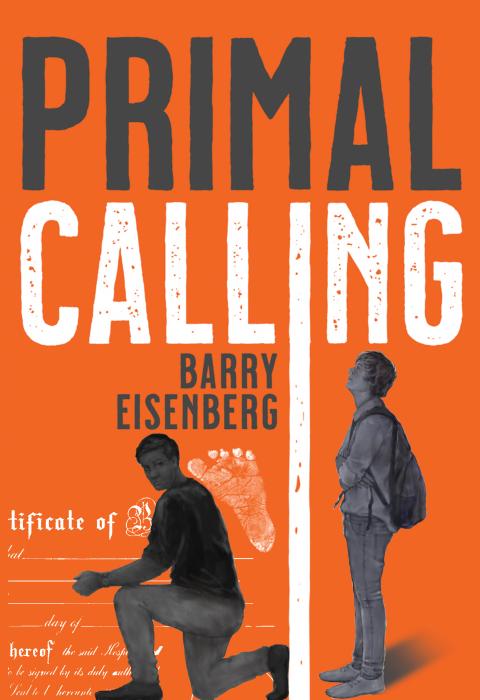Resolutions, Delusions, and Best Intentions
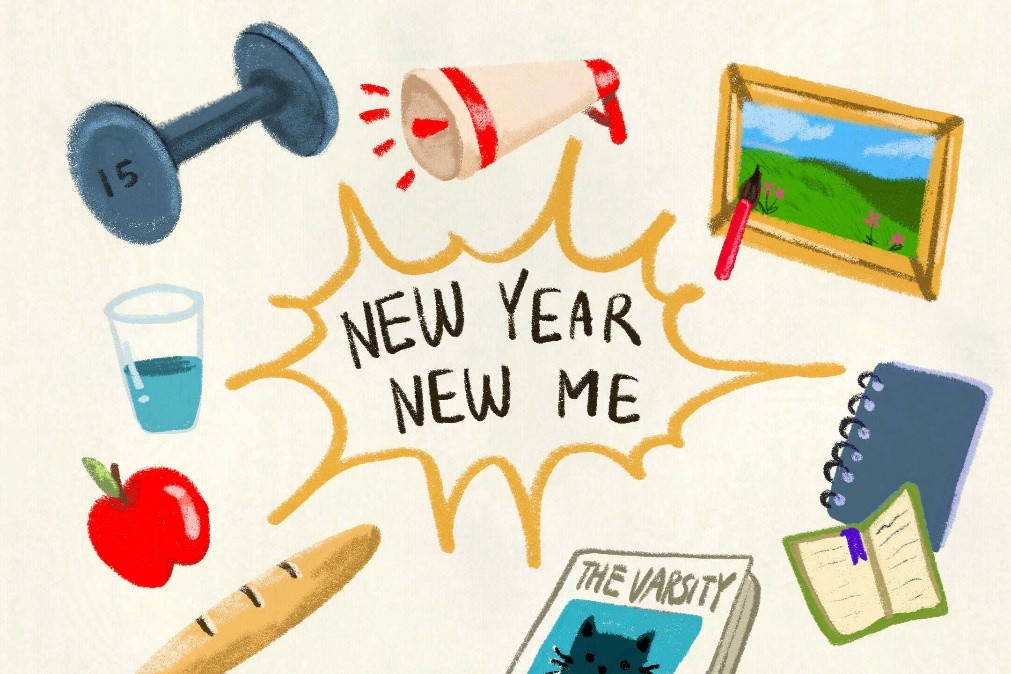
Heather: Welcome, everyone, to our annual New Year’s Resolution Salon. Item one: declare our lofty intentions. Item two: gently dismantle one another’s illusions.
Andrew: I reject the word illusions. My resolutions are bold acts of imagination.
Sofia: Andrew, last year your bold act of imagination was become a morning person. You abandoned it by January 3rd.
Andrew: I hadn’t recalled I made it all the way through the 2nd. Sometimes I even surprise myself with my unparalleled stick-to-it-iveness.
Emerging From the Fog of Burnout
.png)
A few weeks ago, I went to a local lab for routine bloodwork, the yearly ritual in preparation for my annual physical. The waiting room, unusually quiet for a weekday morning, was bathed in soft, cool light, casting a frosty blue gleam across the surfaces of the clinically white vinyl chairs. A single laminated poster on the wall reminded patients to hydrate before their blood draw. I smiled, proud of myself for finally remembering to do that, as I finished the last of my water. After less than a five-minute wait, a phlebotomist emerged into the waiting room and called my name. His voice was flat, almost mechanical. He was young, maybe early thirties, sporting a lanyard weighted down by an ID badge.
Reflections on the Smile That Defied Darkness
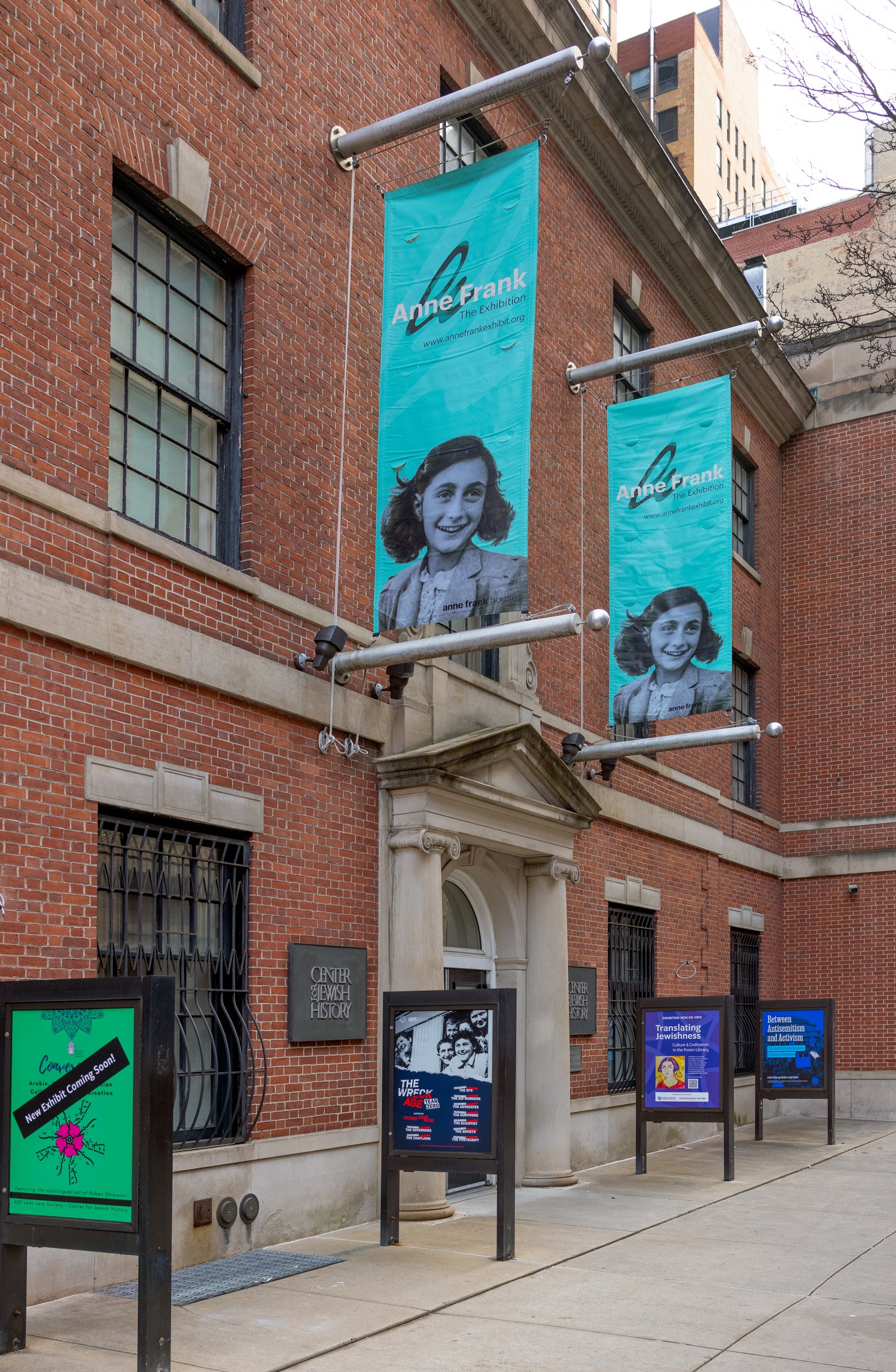
Last weekend, my wife Amy and I boarded a bus in New Jersey along with 43 friends and neighbors, bound for an afternoon that would prove more stirring than I had anticipated. We were headed to the Center for Jewish Life on 16th Street in New York City, to tour the Anne Frank exhibit, an excursion hosted by the Daniel Pearl Education Center. I went expecting a history lesson, but I left with something far more striking.
“Let Me Get My Manager” – The Strange Theater of Buying a Car
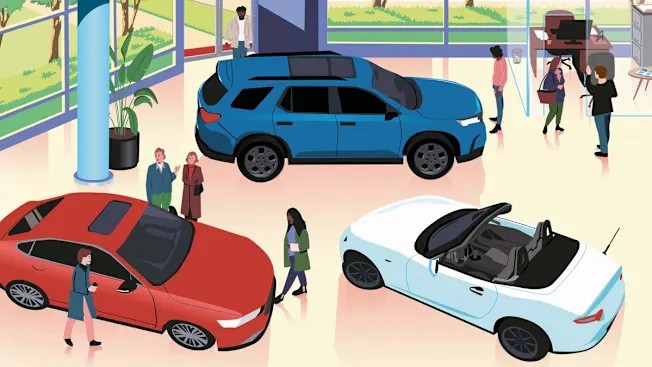
Buying a new car is fun, right? There’s the fresh smell of new upholstery, the shimmering gloss of showroom floors, and that little thrill you get imagining yourself behind the wheel, windows down, music up. It's the adult version of picking out a new toy. So, when my friend Greg told me he was thinking about getting a new car, I jumped at the chance to tag along.
How to Adopt a Puppy and Bomb on a Personality Test in One Fell Swoop
.jpg)
Over the years, we’ve had the joy of living with purebred dogs – always Golden Retrievers – as well as with rescues. The dogs themselves? Unfailingly loyal, endlessly lovable, and each one a heart-stealing miracle. But the path to bringing them into our family? Wow – as different as night and day!
A Corporate Acquisition That Almost Went Up in Smoke
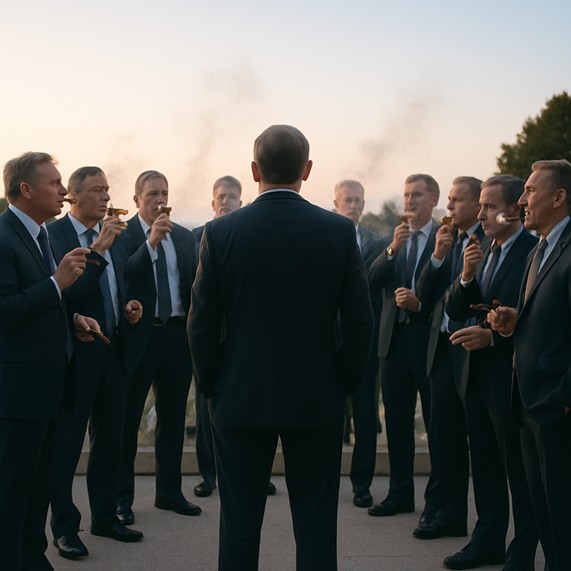
I knew I’d have my hands full the moment they each took a cigar from the breast pocket of their suit jackets. The evening was a tapestry of elegance, and the banquet hall was bathed in soft lights that underscored the sophistication of the event. As I mingled with the well-dressed – not to mention, well-heeled – crowd, Rob, the CEO of Lusitano Health Partners, a company that owned five hospitals, approached. “Join us on the veranda,” he invited, gesturing to the ornate glass doors that led out to a breathtaking view of the golf course below. It was there that he intended to introduce me to the executive team.
Unbridled Love - Two Hearts, Eight Hooves, and a Fence That Never Stood a Chance
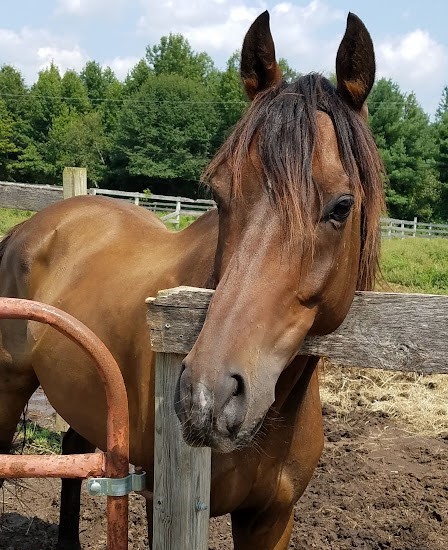
Initially, we believed it was temporary relief brought on by a welcoming face in unfamiliar surroundings. We had just moved Flash, our handsome bay Thoroughbred, to a farm just down the road from our new home. The farm is serenely bucolic, replete with sweeping fields, majestic oaks, and most importantly, the very charming owner of the friendly face, a sweet caramel-toned mare named Paige.
Celebrating the Growth, Purpose, and Promise of Our Graduates
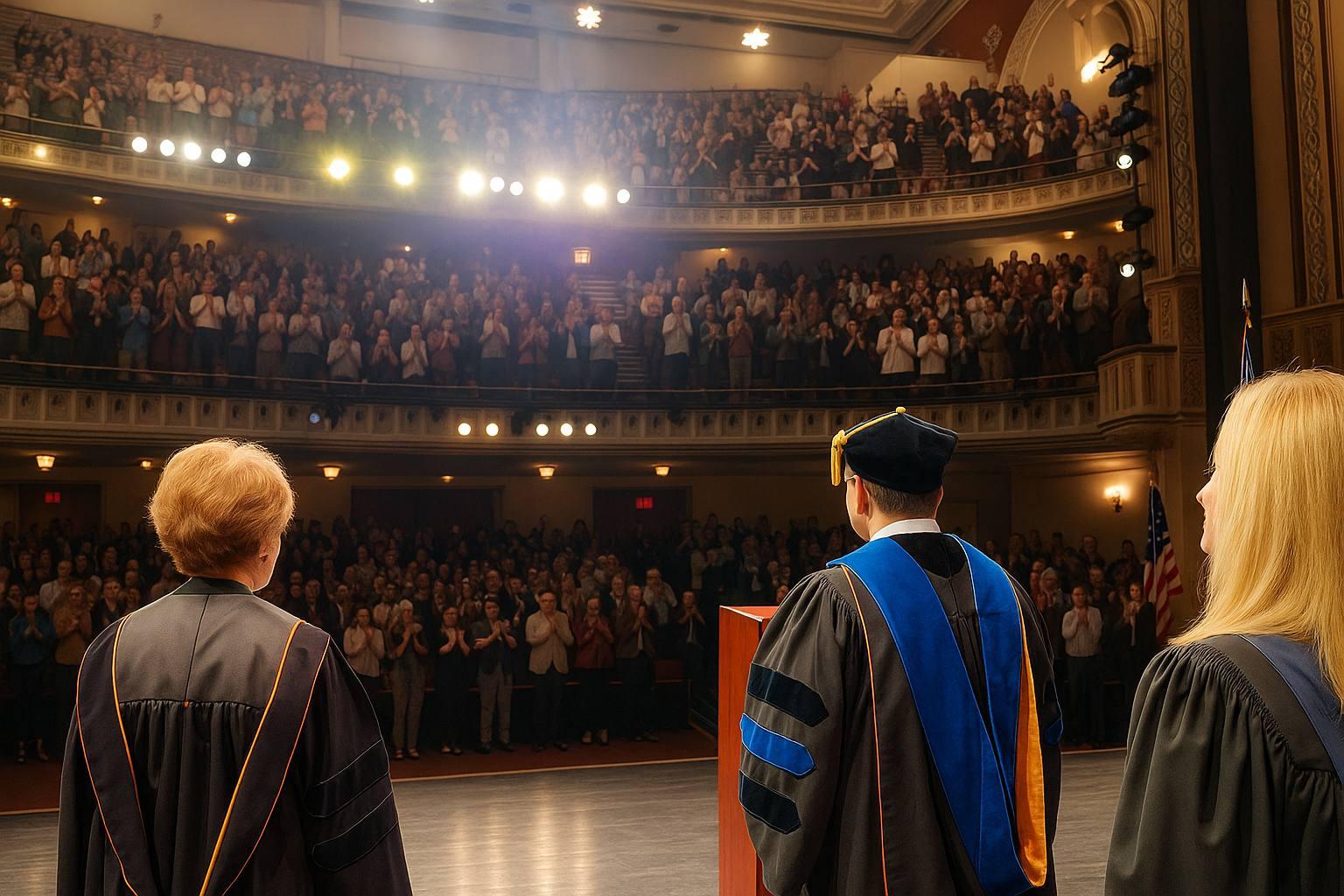
The stage of New York City’s famed City Center was bathed in a vibrant glow. As a member of the faculty, I sat among my colleagues behind the speaker’s podium, sharing in the infectious exhilaration of the graduating students. We applauded, thrilled for them, as they streamed in from the lobby, energized by joyful pride in their momentous accomplishments.
Oops, I Did It Again
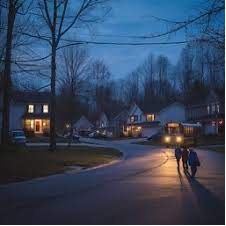
My cousin Marty and I sat staring at the pitch-dark house. We had pulled up to the address that was scribbled on a scrap of newspaper and were thoroughly confused. This seemed to be the right place. But there were supposed to be lots of people there, and there was not even a glimmer of light through any of the windows. How weird! We were unsure of what to do and finally decided we’d at least ring the bell before driving off.
Breaching Trust
“Why in the world would he say you can’t drive?” I asked, completely baffled. This was 15 years ago. My mother, Sylvia, called from Florida to say that her pulmonologist, Dr. Wolker, issued that perplexing instruction to her during her annual exam with him that morning. At the time, she was 87 but she was in good shape, physically and cognitively, so this directive seemed to come out of left field. The experience with Dr. Wolker would prove maddening.
To Lock Or Not To Lock?
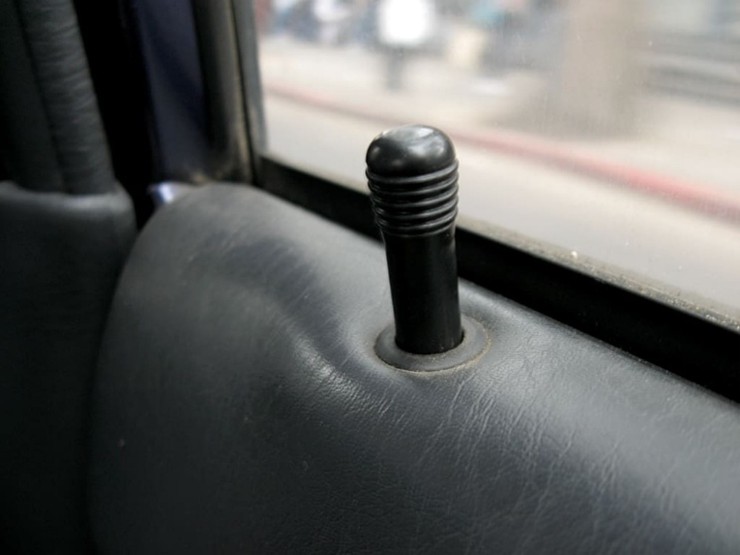
Whaat? I thought, bewildered. Why in the world would anyone ask that? That was my immediate reaction when Scott asked me the strangest question. He lived two doors down on our quaint suburban street in Binghamton, NY, where I attended the university for one semester back in the 1970s. It was a quiet street, off the beaten path, with single family and multi-unit homes interspersed with no apparent rhyme or reason in the planning.
Bravery, Tragedy, and a Family Bond
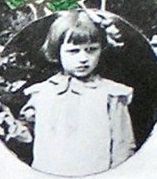
It was 1943. Izbica was a ghetto in Nazi-occupied Poland that had become a hub for transporting Jews from Poland and Austria to the Belzec and Sobibór concentration camps where they would be gassed to death. Many, too, would be killed right there in Izbica, the last image their eyes taking in was a rifle pointing directly at them. Nine-year-old Miriam Binder clung tightly to her mother’s hand as she and a large group of strangers in Izbica were forcibly herded into a cemetery. Stricken by the sight of a pit filled with dead bodies that lay before them, Miriam and her mother looked away, terrified they would soon be lying at the top of the burgeoning heap of death.
A One of One
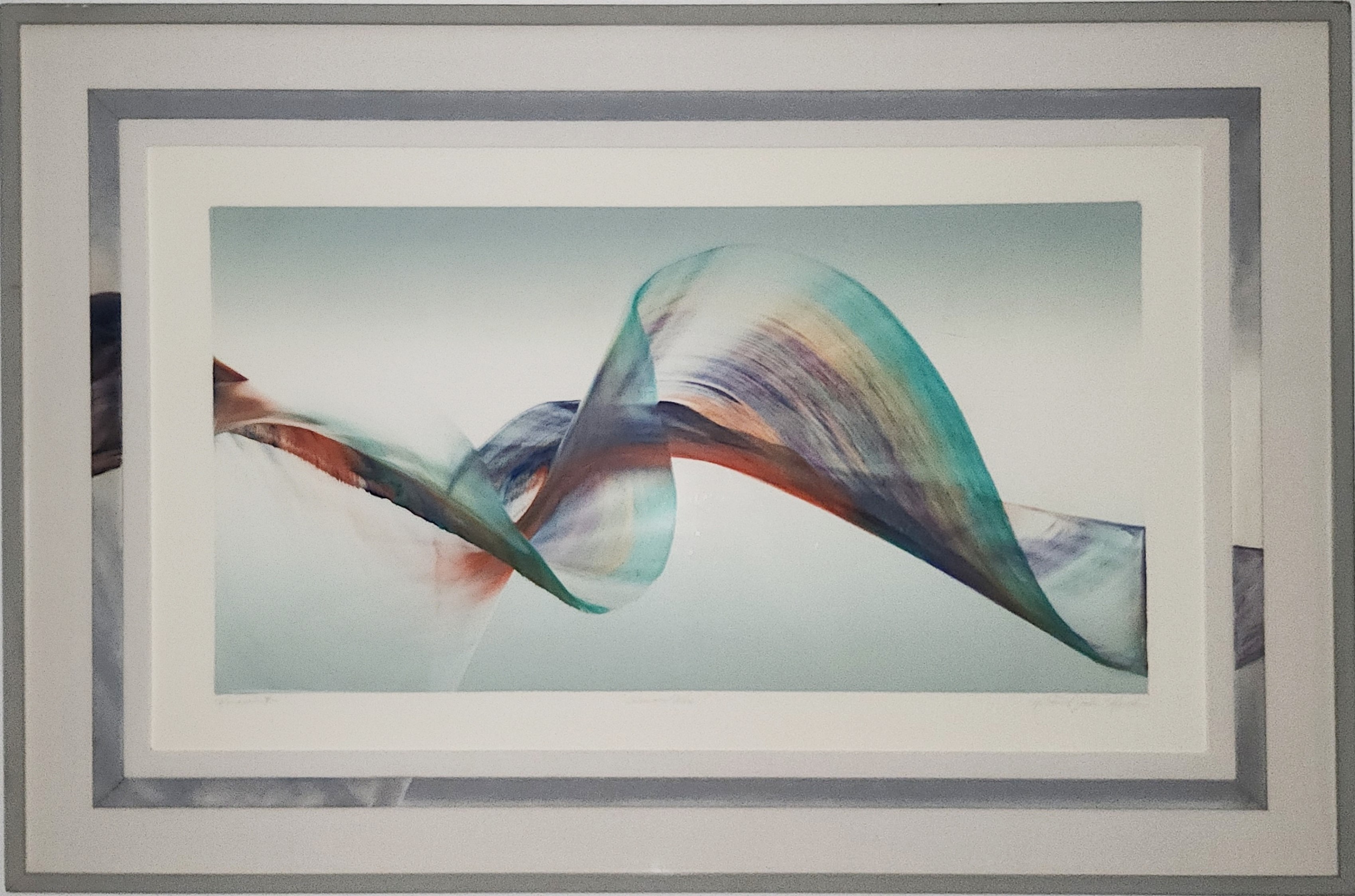
“That painting. It’s intriguing. Do you know the artist?” I asked, gesturing to the multicolored swirl that seemed to flutter off the canvas. It was as though a pastel-streaked linen surrendered to a gust of wind. I took a closer look. The title, aptly Crimson Wave, and the artist’s signature were scripted faintly in pencil in the lower margin. “Oh, yes, of course, Michael. He’s up and coming,” Emmeline, the gallery owner, replied, offputtingly tossing out his first name as though we recently toasted his latest gallery opening over Eggs Florentine at a Hamptons brunch.
Gaming the System

Cal and Sophie were preparing to bake a red velvet cake for a friend’s birthday. Cal stared at the canister containing the bag of flour on the top shelf of the pantry, taking a moment to judge if he needed a stepstool to reach it. He opted to stand on his tiptoes. As his outstretched fingers glanced the canister, he felt a twinge in his left knee. It didn’t hurt – it was more like an unwelcome surprise – and it left just as quickly as it came. A week later, as Cal was getting out of the car to drop clothes at the cleaners, the same pinch occurred. But this time, instead of a minor twinge, it felt like a sharp stab deep in his knee that lasted about five seconds before subsiding.
A Life of Giving
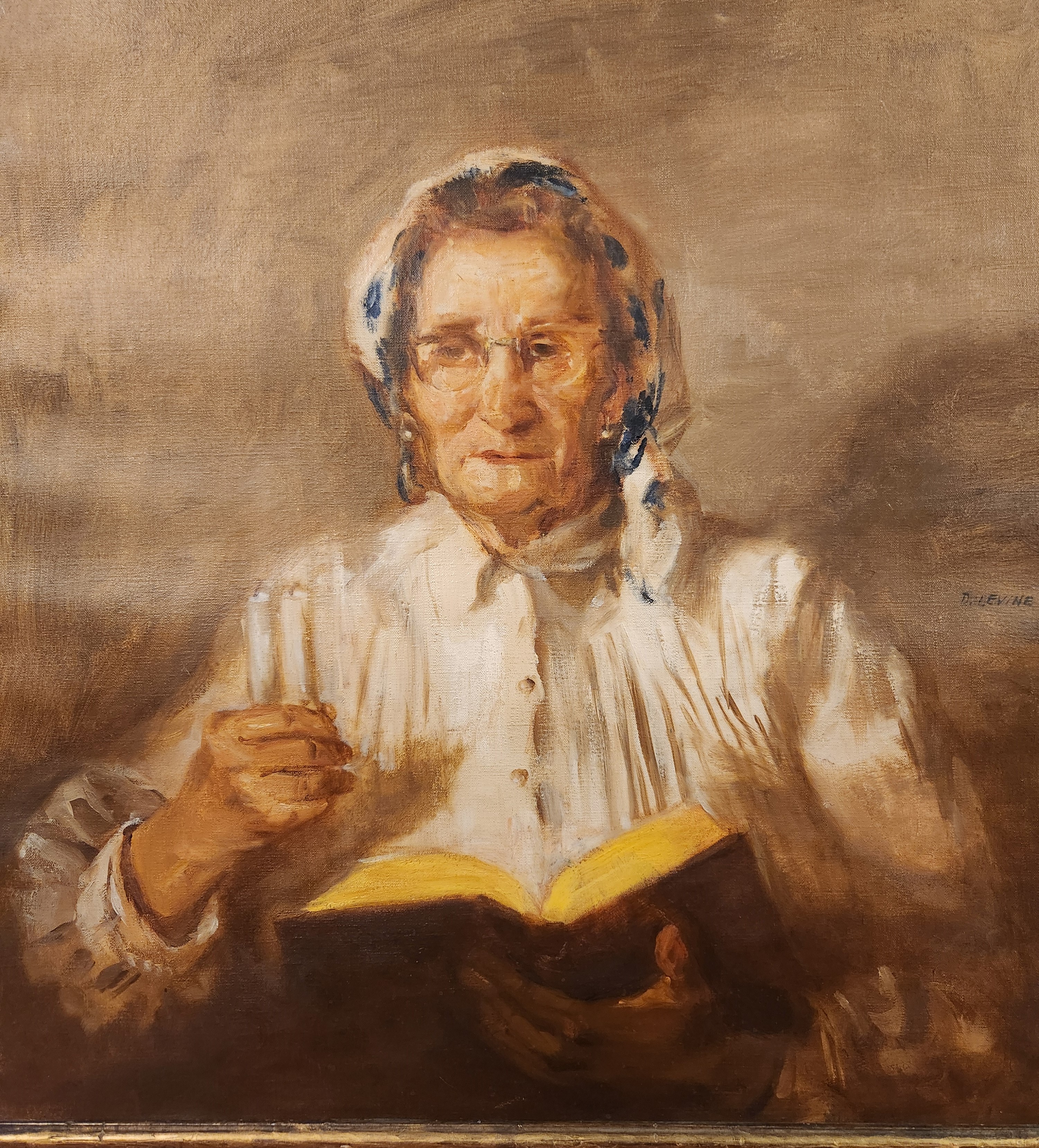
“I never met anyone like her,” Fischel declared with a conviction at odds with his softness of manner. It was 1979 and I was sitting with Fischel in the living room in his modest home in a Philadelphia suburb. He was about 90 and revealed just a hint of frailty, like a slight hesitation in his movement as though he had a recent fall and was being extra careful. But when he reminisced about her, his eyes lit up and a sweet smile swept across his furrowed face. He was 14 and she was 13 when they met, he told me, confessing that he was so enamored, so deeply infatuated, that he became tongue tied. She was spirited, infectiously buoyant, he explained. But more, at such a young age she’d already earned a reputation for being a wise soul.
AND the winner is...
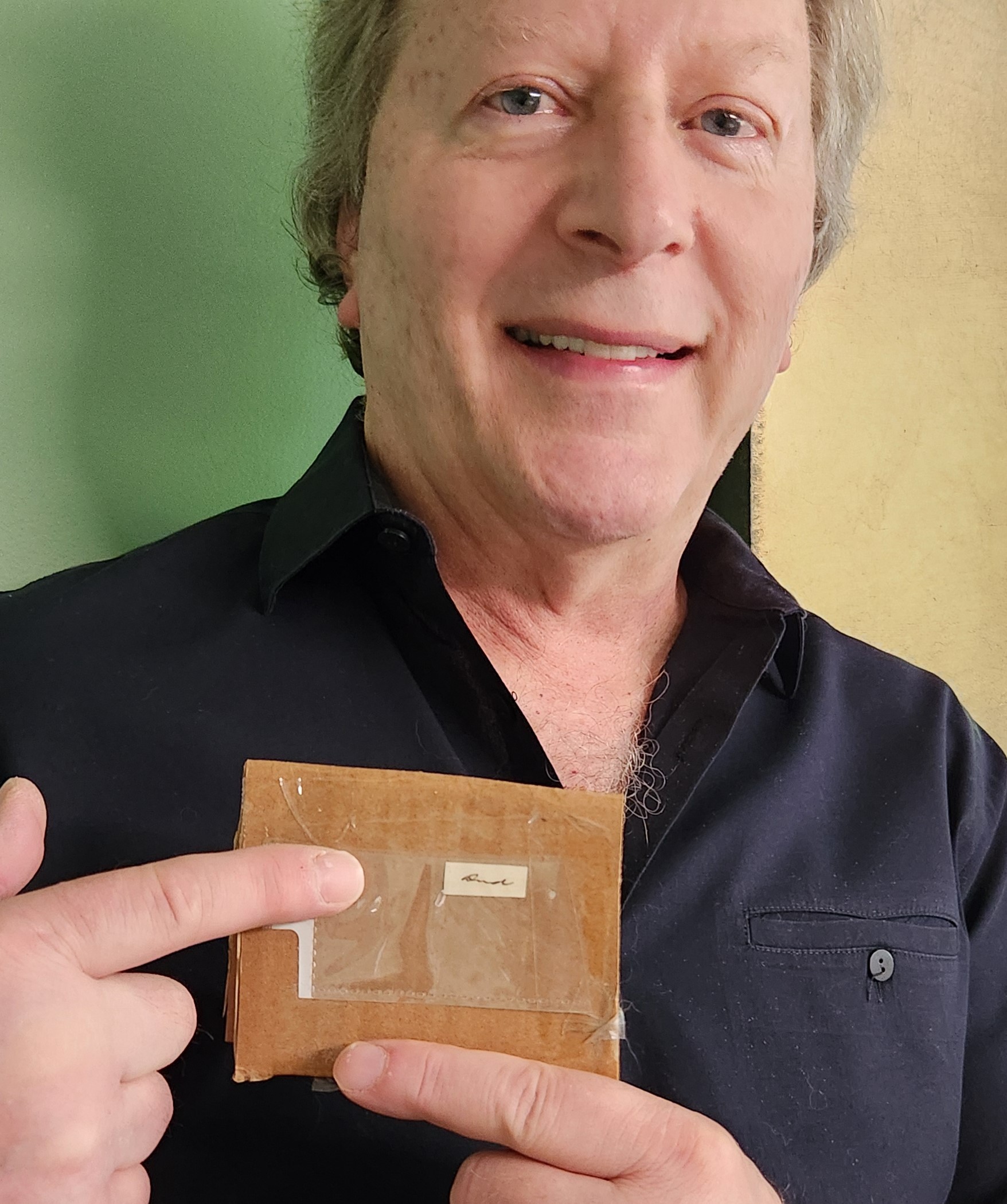
There it was, that stiff cardboard Priority Mail envelope. It was tucked on a high shelf under a stack of books that hadn’t been touched for about 10 years. We are in the final stages of packing in preparation for our move next month, and as I lifted those books to put them in a box I couldn’t help but smile when I saw that envelope. I knew exactly what was inside. It was an impulse purchase I made many years ago, a tiny piece of paper about a half inch wide by a quarter inch high. Slightly thicker than ordinary copy paper, it had one hand-written word in black ink.
“The Scariest Thing That Happened Was Not What I Expected”

I was sure the top three responses would be having surgery, starting chemo, and getting a confirmed diagnosis. But those were not the answers to the question I posed to the focus group I was leading, “What was the scariest thing that happened to you at the hospital?” The nine people seated in a circle around me were former patients at Memorial Sloan-Kettering Cancer Center (MSK), where I worked many years ago. After a slight pause and some nervous fidgeting, a woman sitting directly across from me raised her hand and tentatively said, “I’ll start.” As we all turned to her, she began with, “The scariest thing that happened was not what I expected.”
The Uninvited Guest
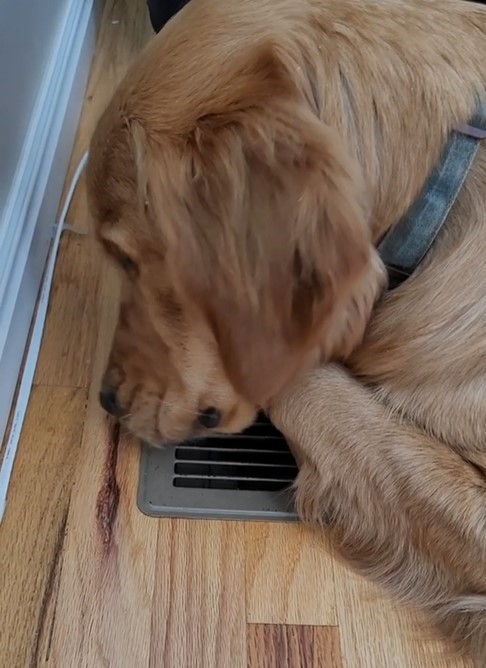
It was a lazy Sunday afternoon some years back. Calmly snuggled on the sofa, Tara and Ruby, our golden retrievers, were the epitome of contentedness. Then, boom! Out of nowhere, they lurched from their coma-like midday nap, flying over to a living room heating vent located at the baseboard. Their back hair bristled, and they couldn’t be more animated as they sniffed at the vent, powered by a frenzied id ordinarily reserved for mating episodes. Then, together, like an out-of-control freight train, they bolted for another vent in the dining room. Seconds after, they raced back to the living room vent. It was instantaneously apparent that something had gotten into the house. But what? No doubt some animal. With some trepidation, I headed toward the basement door.
A Hearty Appetite for Life
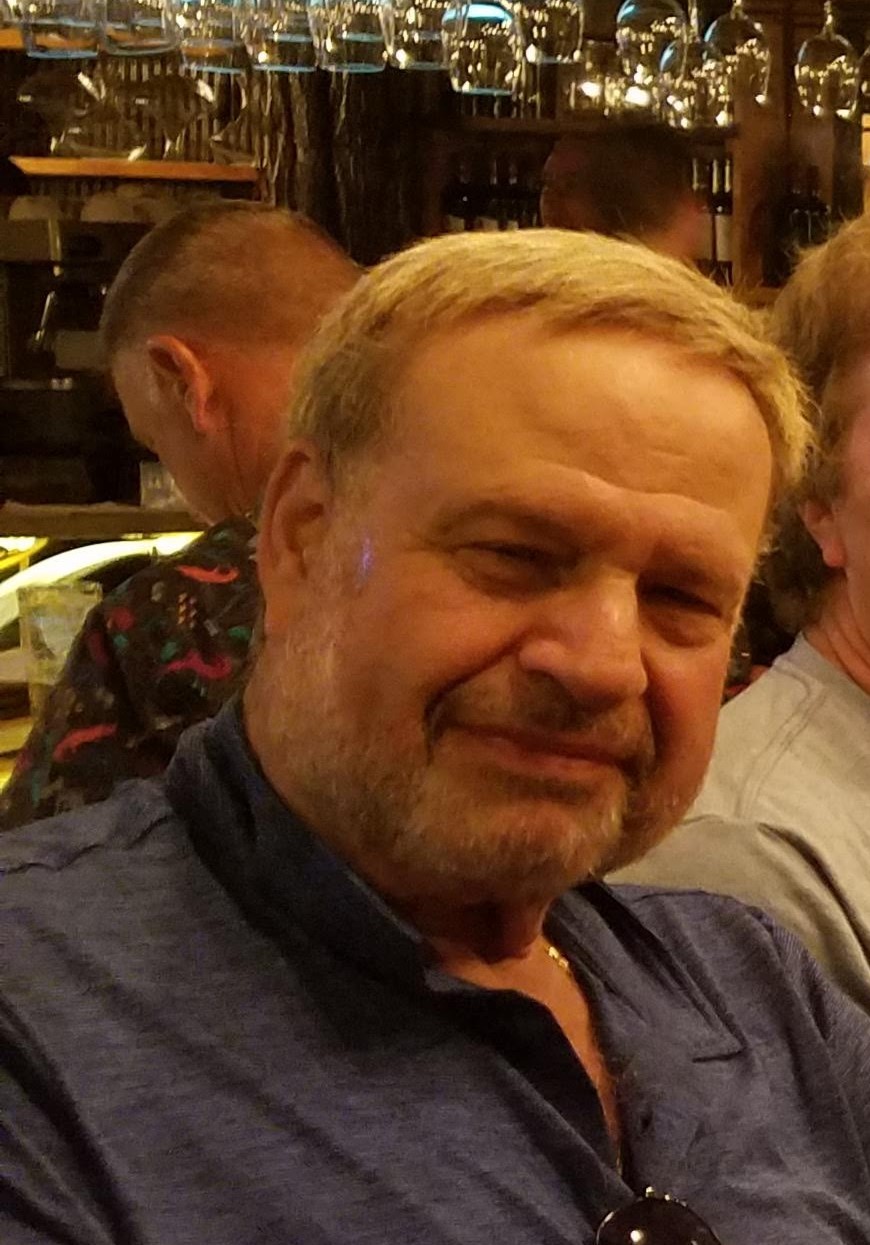
Peter didn’t sip, he gulped. He didn’t eat, he devoured. Our long-time biking group would routinely stop for breakfast on our Saturday and Sunday rides. Peter would scan the menu, his radar-like detection zeroing in on selections called The Belly Buster or The Hungry Man Special. Turning to the waiter, he’d request with a smile, “Please make sure the home fries are well done and bring extra butter for the toast.” Peter’s appetite was part of his charm. And it wasn’t confined to food. He craved acquiring things, lots of things – shoes, clothes, bike accessories. He had quite the collection of fountain pens. Peter was lovable, the proverbial teddy bear, and the first to make himself the butt of the joke.
Giving Thanks to My Students
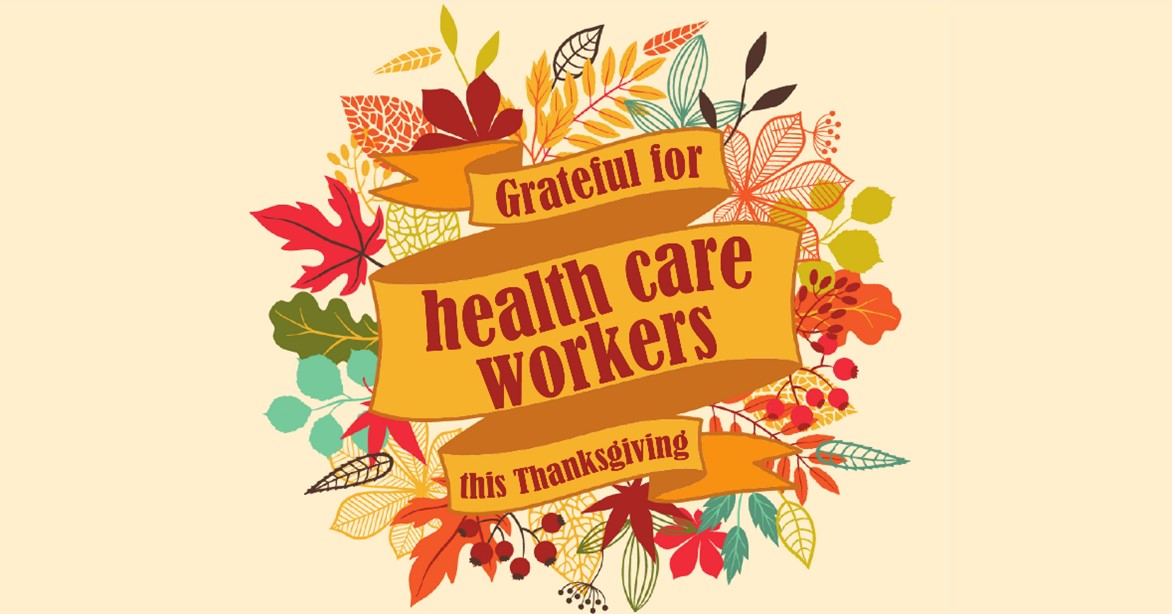
This is the time of year for reflecting on the things for which we are thankful. I am fortunate to have much to be grateful for, especially my loving family and good friends. This Thanksgiving, I’d like to express my gratitude to a group of people who are very special to me for their unwavering dedication to improving the world of healthcare. These are the wonderful students in the MBA in Healthcare Leadership, the program I oversee at SUNY Empire State University.

